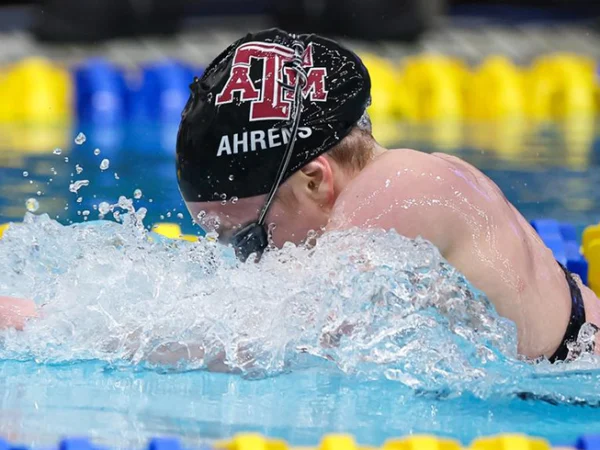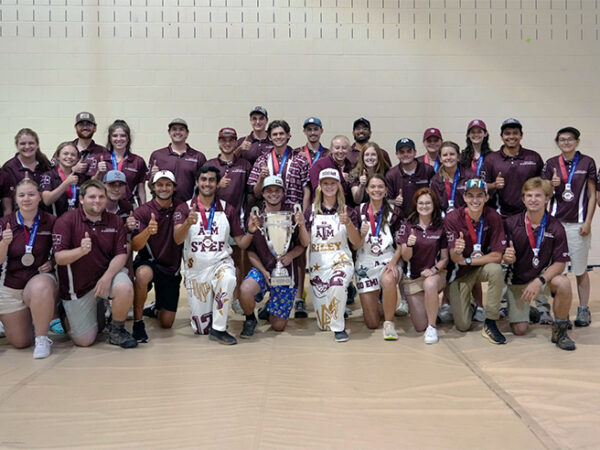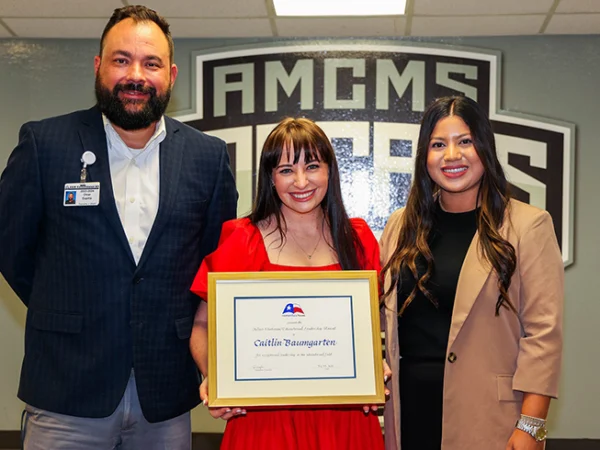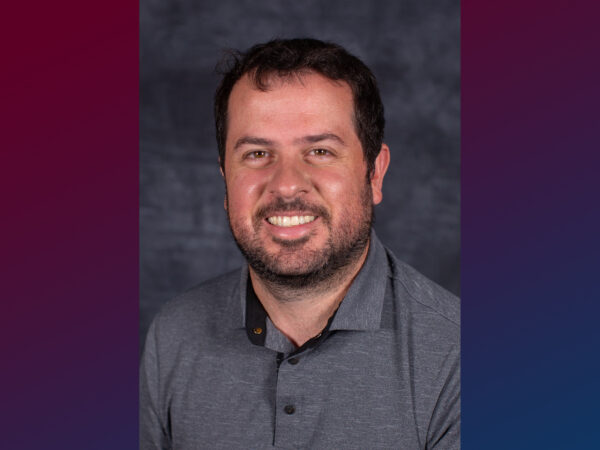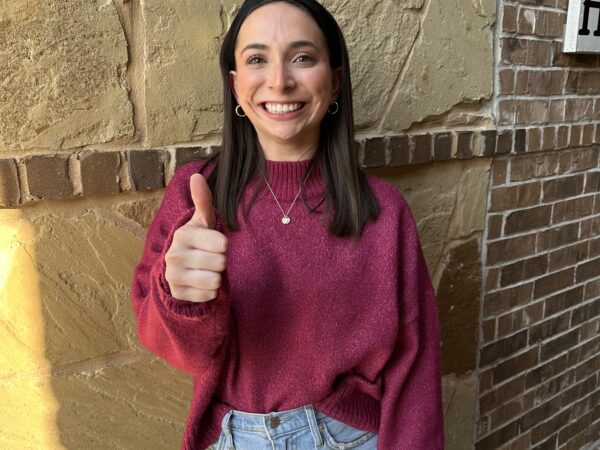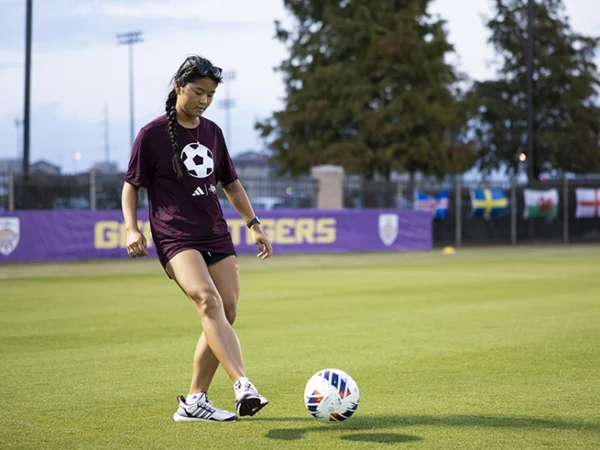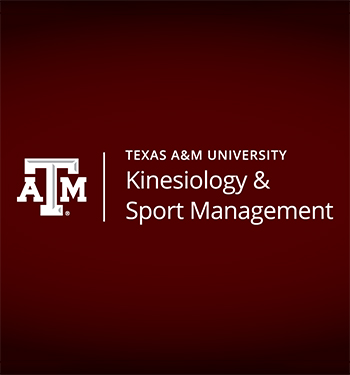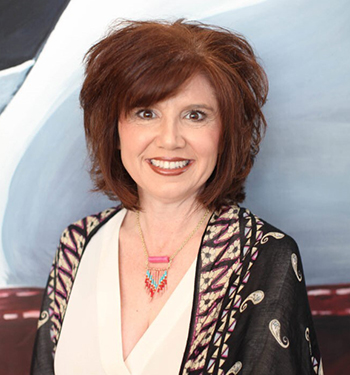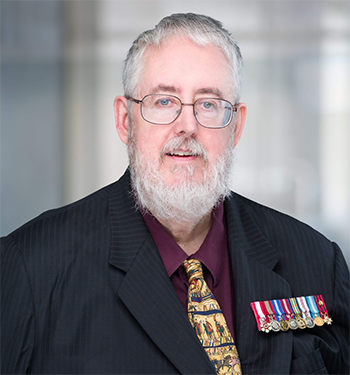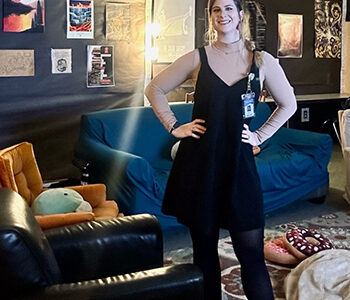Former health education student mentors homeless youth in Hawaii
Homeless youth across the U.S. experience many obstacles as a result of their circumstance. In Hawaii, they face additional challenges that are unique to the state.
Hawaii has a massive affordable housing shortage, making it incredibly difficult for homeless youth to find stable housing. Even when housing is available, most times they are required to provide proof of employment, which they often cannot get due to employer minimum age requirements.
The islands’ limited space also lacks the infrastructure to support more shelters. Hawaii has just one shelter for families with a capacity for 40 families. However, most single youth cannot enter this shelter because it has to be through a family.
Other shelters for single individuals exist, but they are 18 and up, therefore youth under 18 cannot enter. This is why the Waikiki Youth Health Outreach drop-in center is a critical resource for local homeless youth.
Taking health ed to Hawaii
Christine Childers came to Texas A&M University in 2013 in hopes of studying to become a nurse. After taking classes in our Health Education program, she found her true passion lied in health education.
“I had a profound experience in one of my human sexuality classes with Dr. Rahn,” Childers said. “That was really the first time that I started to become passionate about sexual and reproductive health and more specifically, the education around it.”
After graduating from Texas A&M in May 2017, she joined her husband stationed in Honolulu, Hawaii, where she took a role as a peer mentor at the Waikiki Health Youth Outreach.
The “drop-in” center serves as a safe haven for homeless youth, offering medical care, social services and non-judgmental support along with food, hot showers and clothing.
Childers specifically worked on a holistic teen pregnancy prevention program the center was implementing, called Wahine Talk, which means ‘girl talk’ in native Hawaiian.
It turns out the program was funded through iTP3, which is run by Childers’ former professor at Texas A&M and chair of the division of Health Education in the Department of Health and Kinesiology, Dr. Kelly Wilson. Through the program, Childers worked to build relationships with the girls, relating on a peer level because of her proximity in age.
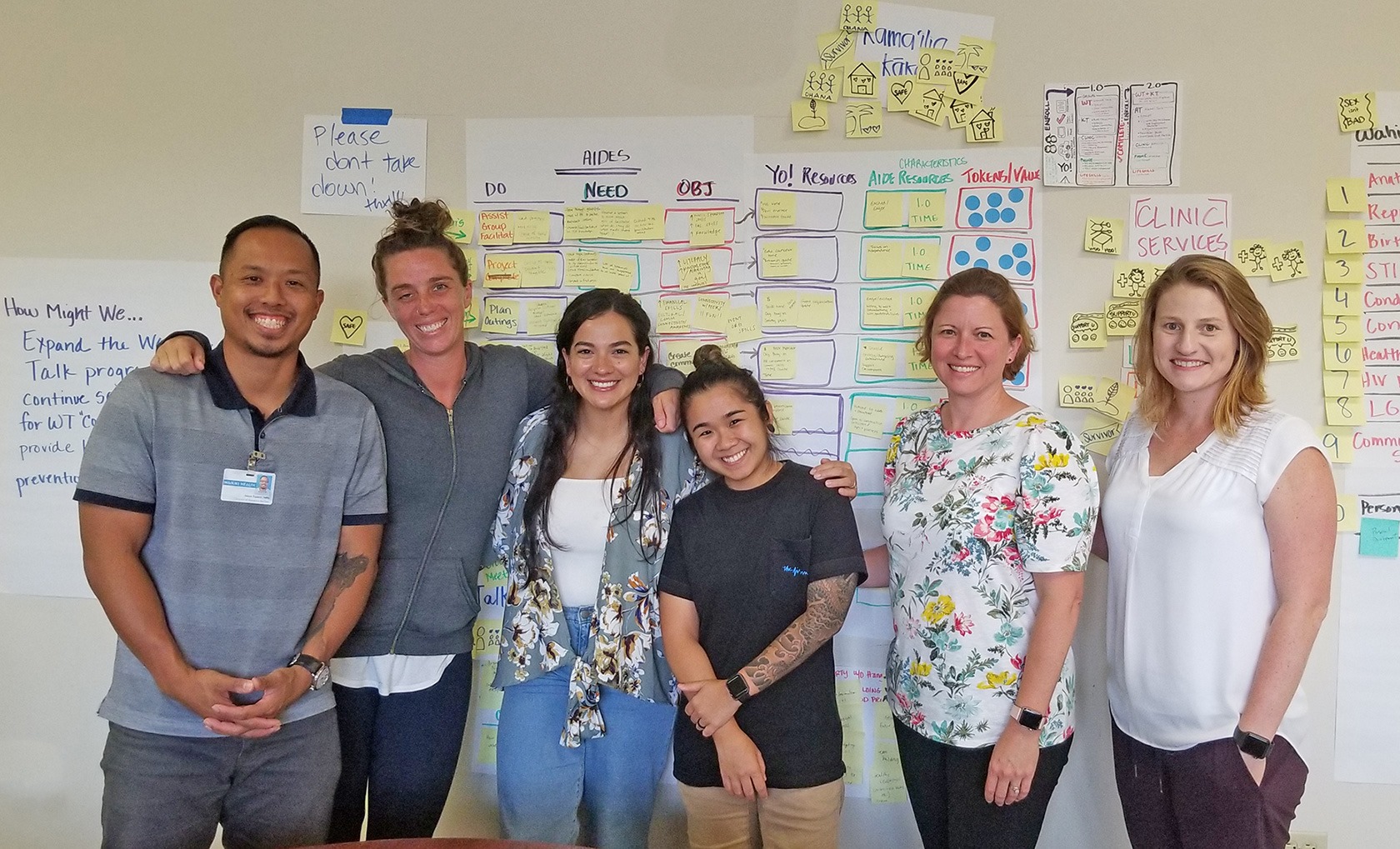
Waikiki Health’s Youth Outreach (YO!) team members (left to right) Jason Espero, Sarah Combs, Christine Childers, Courtney Fukuda, participated in a week long design sprint training with Christi Esquivel (right) and Texas A&M faculty Kelly Wilson, to think through an additional layer of programming for Wahine Talk – an innovative pregnancy prevention initiative funded through Texas A&M.
“A huge part of the program is just social support, because we cannot necessarily expect young females who are homeless to successfully implement decision making, like birth control and planning for a family, if they do not feel supported, as well as if they do not have their basic needs met.”
A new role
After success in that role, Childers took the position of community health educator.
“I was very blessed to get this opportunity, because I really do think that it was impactful,” Childers said. “These youth have taught me humility and grace, and challenged me to really utilize what I learned in school and continue to learn, which is honestly the best thing that your professional career can give you.”
In this new role, she took a leading position in Wahine Talk, continued teaching health education to youth and worked throughout the community to deliver sexual reproductive health classes.
“We would go to community partners who had some type of disadvantaged youth to deliver these classes,” Childers said. “For example, we would go to the detention center, emergency shelters for youth and alternative education schools.”
Childers also worked with partners in the community that focused on native Hawaiian values to teach comprehensive sexual health education curriculum. However, she and her team found that the curriculum lacked representation of the youth they were teaching. So, they decided to create their own.
“We created our own curriculum and had it analyzed by an external evaluator for medical accuracy,” Childers said. “It really is a special tool for that specific population. We dive into some more difficult topics, because that is what our youth face.”
Special topics include unhealthy relationships and sex trafficking, as homeless youth are more vulnerable to these issues because of their circumstance. The curriculum also covers basic health education topics like reproduction, anatomy and birth control.
“The most impactful thing is education’s ability to create choice for these homeless youth,” Childers said. “Oftentimes in Hawaii, they are born into homelessness, so it’s not really a matter of choice. It is a matter of circumstance.”
Why health ed is important
The center mostly sees middle school- to high school-aged youth. Health education is critical for these age groups because education increases their likelihood for better health outcomes and overall socioeconomic status.
However, many homeless youth drop out of school before they receive health education. Some drop out because school is inaccessible. Childers said this can be as simple as getting up on time for school. They may not have access to an alarm clock or electricity to power a cell phone for an alarm.
“We are finding anecdotally, that our youth who have dropped out recently, are dropping out because they are bullied,” Childers said. “Kids make fun of them because they may not have the means to shower all the time, so they may smell or wear the same clothes more than one day.”
This is why she focused her efforts on providing health education tailored to the circumstances of the population. Through her efforts, she helped youth — who previously had a mistrust for medical workers — become more comfortable with medical care.
“Having someone that supports them before they go to a ‘scary’ appointment with a doctor, motivated them and made them feel like they were taking charge of their health,” Childers said.
Seeing the impact
Childers said sometimes in this line of work, it is hard to see all the seeds you plant. It is something she has made peace with because they have instances where they see a youth once or twice and then never again.
About nine months into working at the drop-in center, however, Childers began to witness the impact of her work through a homeless youth who participated in Wahine Talk. The young woman had been homeless since she was eight years old and frequently visited the drop-in center.
“I knew I had started to build a special relationship with her when she started to let me in on her experiences and how they had made her feel,” Childers said.
One day, she pulled Childers aside and let her know that she was pregnant. She shared that she wanted to have the baby. Childers said she went into automatic support mode when she could tell the girl was resolved in her decision.
“From that point forward, I was going to appointments with her and supporting her along the way,” Childers said. “She was going to do it on her own, but she let me be there for her and provide some really intense case management for her.”
Childers held the baby when it was four hours old. Now, the new mother is stably housed and participating in a program called Kupu, that focuses on native Hawaiian values and allows her to earn a GED.
“That was one of the most profound relationships for me, because the first time I met her, she was on the street,” Childers said. “To go from that to where she is now, it has been really impactful.”
Childers has since moved across the country to her husband’s next station in North Carolina. She will graduate in June 2021 with a Master’s in Public Health. She hopes to one day work at the United States Agency for International Development to provide health access in other countries.
“My experience in Hawaii has paved my career in a major way,” Childers said. “I will definitely be taking those experiences moving forward and applying them into my career as I continue to grow.”
About the Writer
Heather is responsible for news coverage in the Department of Health and Kinesiology, as well as the Department of Educational Administration and Human Resource Development.
Articles by HeatherFor media inquiries, contact our Media Relations Coordinator, Ashley Green


